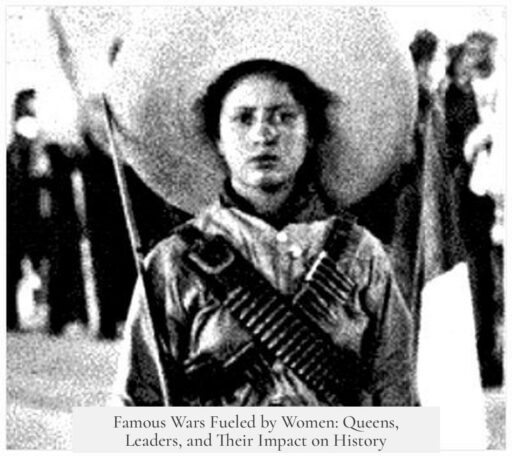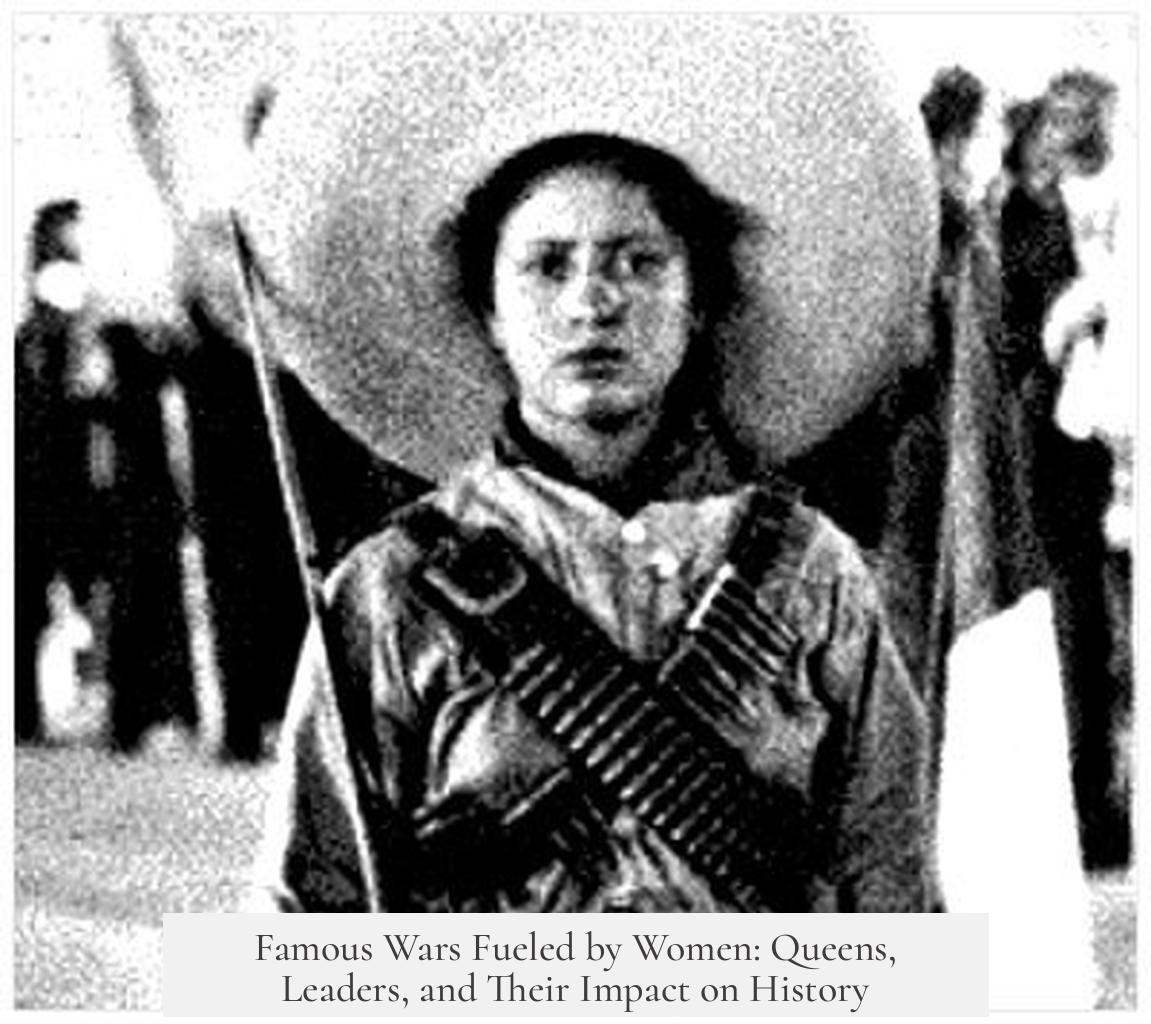Famous wars explicitly started by women are rare, given historical gender roles and patriarchal societies. However, certain empresses, queens, and female leaders initiated or heavily influenced significant conflicts throughout history.
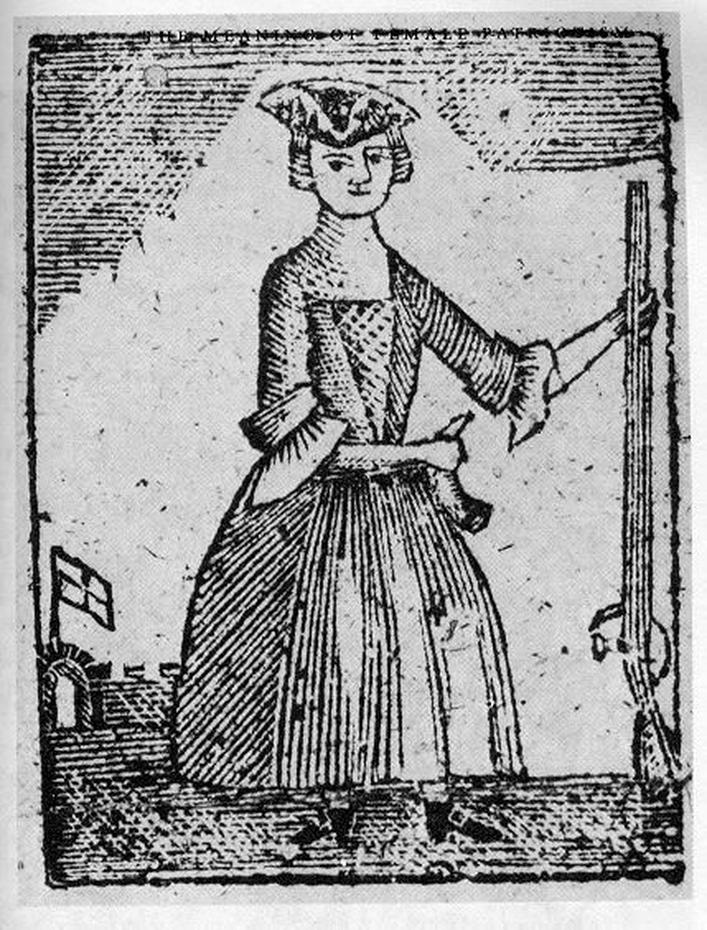
Women in power often led or instigated wars during their reigns. Catherine the Great of Russia conducted multiple wars against the Crimean Khanate and Ottoman Empire, expanding Russian territory and crushing internal revolts. She oversaw the partitions of Poland, which reshaped Eastern Europe. Though she did not start an entirely new war, her aggressive policies led to sustained military conflict throughout her reign.
Elizabeth of Russia ascended through a military coup and guided Russia through two major European wars: the War of Austrian Succession and the Seven Years’ War. Her reign demonstrated how a female sovereign could actively participate in large-scale international military struggles.
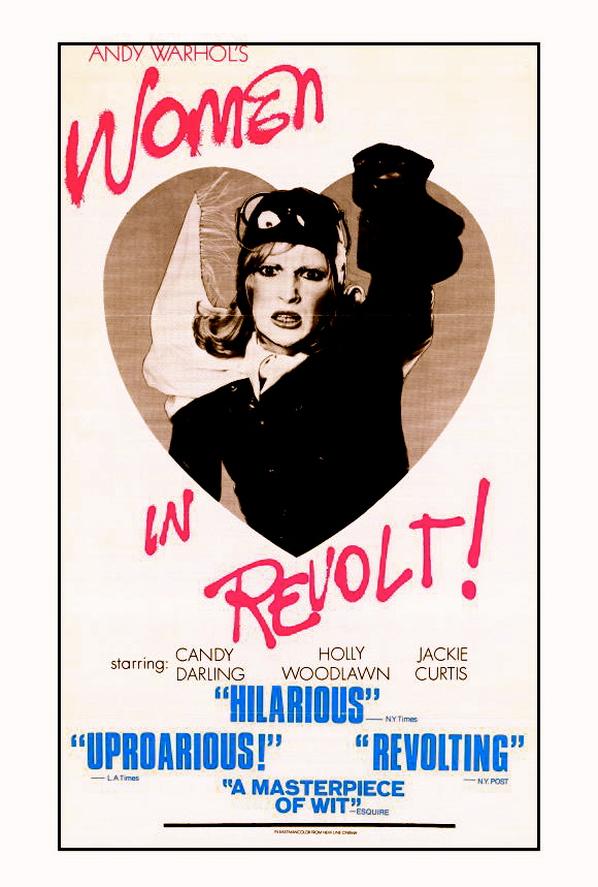
In England, Isabella of France (Queen consort to Edward II) played a controversial role by collaborating with her lover to depose and execute her husband. This act sparked the civil conflict known as the Despenser War. Similarly, Mary I of England, known as Bloody Mary, involved herself in military campaigns to restore Catholicism, though her wars were extensions of existing religious tensions.
Catherine de Medici of France
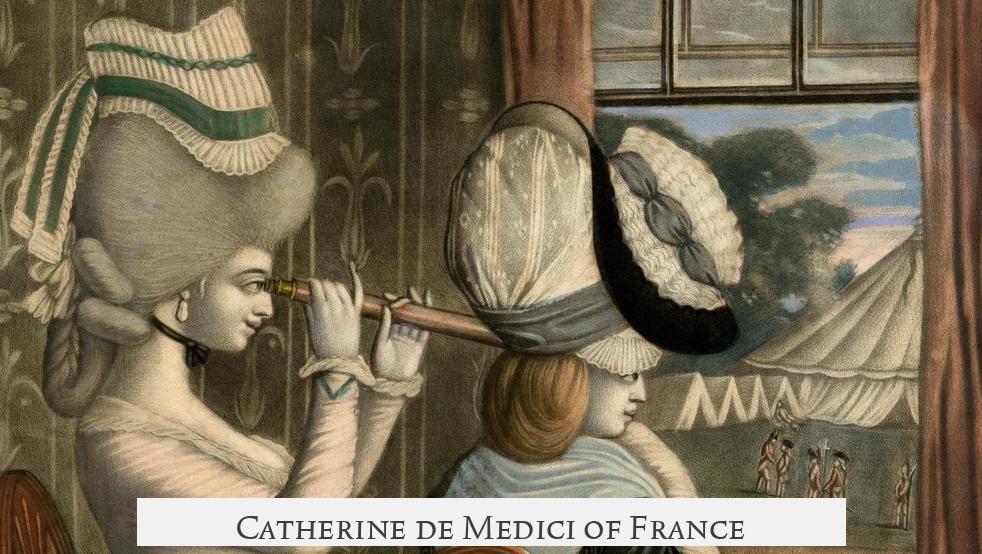
Empress Wu Zetian of China
Zenobia of Palmyra
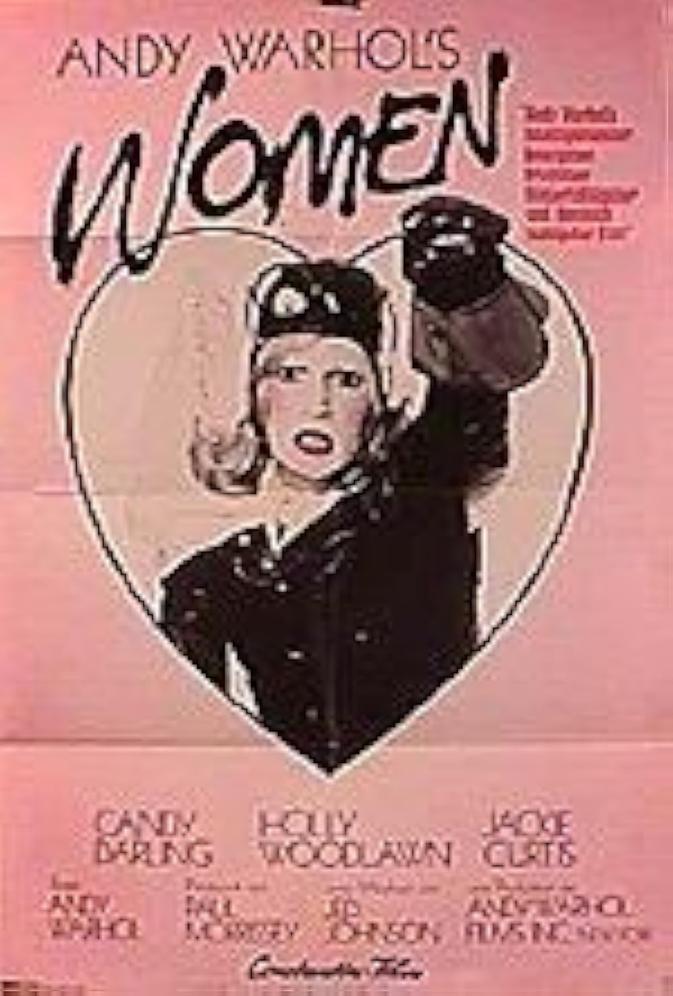
Maria Theresa of Austria
Isabella I of Castile
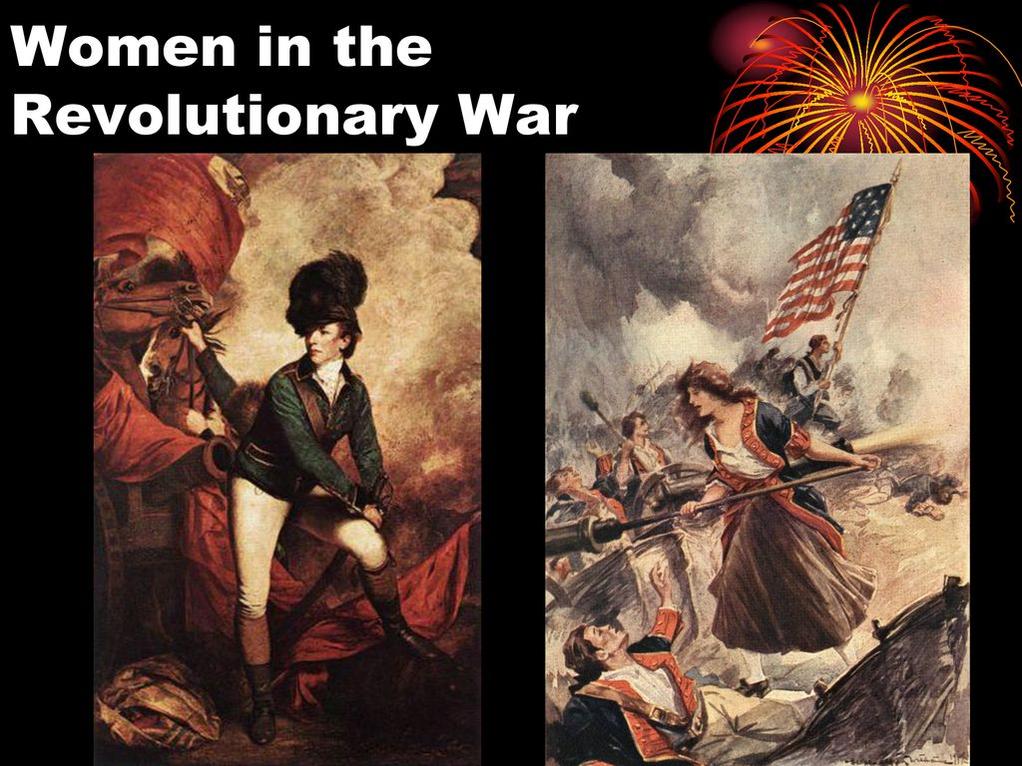
Queen Victoria
Beyond monarchs, female leaders sometimes initiated revolts rather than formal wars:
- Boudicca led a major revolt against Roman occupation in Britain circa 60 CE. Though not a war in the state sense, this uprising was a significant conflict initiated by a woman.
- The Trung Sisters
Other figures like Cleopatra
Historically, few women reached sovereign power, and many ruled as placeholders or regents. This limited their opportunities to initiate wars compared to male counterparts. Women usually influenced wars through counsel, instigation, or internal court politics rather than formal declarations.
Aspects to consider:
| Woman Leader | War or Conflict | Role in Starting War |
|---|---|---|
| Catherine the Great | Wars vs Ottoman Empire, Crimean Khanate | Initiated expansionist wars |
| Elizabeth of Russia | War of Austrian Succession, Seven Years’ War | Led through major wars |
| Isabella of France | Despenser War | Dethroned and executed husband; triggered conflict |
| Catherine de Medici | French Wars of Religion | Incited religious massacres; instigated wars |
| Zenobia of Palmyra | Rebellion vs Roman Empire | Directly started wars of independence |
| Maria Theresa | Seven Years’ War | Sought to regain lost territory; led war effort |
| Boudicca | Revolt vs Romans | Led large indigenous uprising |
| Trung Sisters | Uprising vs Chinese | Led rebellion |
While women may not have overwhelmingly started formal wars, some exercised power to spark conflicts that shaped history. Most female leaders acted within male-dominated structures but nonetheless influenced wars directly through leadership, conquest, or revolt.
- Few formal wars were solely started by women due to social constraints.
- Several female rulers led wars or uprisings during their reigns.
- Notable examples include Catherine the Great, Zenobia, and the Trung Sisters.
- Female influence in warfare often came through political intrigue or rebellion.
- Historical context and patriarchy limited women’s ability to declare wars outright.
What Are Some Famous Wars Started by Women? The Ladies Who Shook History
So, can women really start wars? The short answer: Yes, some famous wars were indeed started or strongly influenced by women. But let’s clear the dust—women leading wars wasn’t the norm because history usually put men in charge. That said, several female rulers and leaders didn’t just sit pretty. They grabbed swords, took thrones, and sparked conflicts that shaped the world.
Ready for a whirlwind tour? Strap in. From empresses to warriors, these women changed the course of history. And spoiler alert—some of their stories are downright badass.
Empresses and Queens Who Didn’t Just Sit on Thrones
First up, powerhouse women who ruled empires and led their nations to war.
- Catherine the Great of Russia: This one’s a heavy hitter. Catherine wasn’t just Empress; she took the crown by ousting her husband—yep, he was eventually killed. Her reign was a war machine, including battles against the Crimean Khanate and the Ottoman Empire. She also squashed peasant uprisings and dismantled Poland, which ended up partitioned under her watch. Talk about serious geopolitical reshuffling.
- Elizabeth of Russia: Another throne thief. Elizabeth staged a military coup to seize power from infant Tsar Ivan VI and led Russia through the War of Austrian Succession and the Seven Years’ War. She clearly wasn’t afraid to throw down on the global stage.
- Isabella of France: Queen of England who, along with her lover, dethroned and executed her husband, King Edward II. While not a war in the typical sense, a brutal act of power politics that was violent and transformative.
- Catherine de Medici of France: Often called the mastermind behind the St. Bartholomew’s Day Massacre in 1572, her influence helped intensify the French Religious Wars. Not your average queen—more like a chessmaster of conflict and intrigue.
- Elizabeth I of England: Did Elizabeth start England’s wars with Spain? No. But she aggressively pursued military options, especially against the Spanish Armada. She set a tone of defiant war leadership that matched any king.
- Zenobia of Palmyra: Now here’s a queen who kicked serious imperial butt. Zenobia, in the 3rd century, led a massive rebellion that took over a third of the Roman Empire. She conquered Egypt and parts of Anatolia, challenging Rome itself during a time of crisis. She’s the original “don’t mess with me” female warlord.
- Maria Theresa of Austria: Not just a stately ruler, she kicked off the Seven Years’ War trying to get back Silesia from Frederick the Great. Though she didn’t win, she held her own—Austria’s fiercest female leader ever.
- Queen Victoria of England: While she didn’t start wars personally, her reign saw the British Empire explode militarily and territorially, conquering vast regions. Might not have picked fights, but the wars kept coming under her flag.
- Isabella of Castilla (Spain): Famous for completing the Reconquista by adding Granada to Castile. Some might say she launched religious-military campaigns with lasting impact.
Women Leading Revolts and Uprisings
Sometimes it’s not about ruling a kingdom, but rallying your people to fight back. These women inspired fierce uprisings.
- Boudicca of Britain: Celtic warrior queen who led a major revolt against Roman occupiers. Although her rebellion wasn’t about empire-building, it was a fierce fight for freedom and dignity.
- The Trung Sisters of Vietnam: Around 200 AD, they sparked a massive uprising against Chinese occupation. To this day, these sisters are hailed as national heroines. Commanding armies as women was rare, but they did it with flair.
Women in Civil Wars and Power Struggles
Conflict at home wasn’t off-limits either. Some women were pivotal in civil wars and political upheavals.
- Cleopatra of Egypt: While not starting Rome’s civil war, Cleopatra’s political maneuvers fueled it. Her alliances with Julius Caesar and Mark Antony intertwined Egypt’s fate with Rome’s chaos, possibly triggering the Final War of the Roman Republic.
- Olympias, Mother of Alexander the Great: Played a key role after Alexander’s death in rival power claims, nearly sparking battle with his widow. Though war was averted, she wielded conflict like a true strategist.
- The Angry Housewives of France: Ever heard of a women’s march bringing a king running? These housewives marched on Versailles, forcing King Louis XVI to move and nudging the French Revolution closer. Their direct action is a reminder that political conflict isn’t always about armies on a battlefield.
- Fulvia: Often forgotten, Fulvia was a powerful figure in Roman politics and civil conflicts, wielding influence behind the scenes that shifted power balances.
- Harriet Beecher Stowe: Not a war general but a writer whose book helped stoke tensions leading to the American Civil War. Abraham Lincoln’s famous quote acknowledged her impact; literature can weaponize ideas.
The Role of Women in War: More Than Just Fighters
Here’s the scoop: historically, women rarely had the official power to declare war. Patriarchal norms kept them away from thrones and battlefields. Yet, they found ways to shape conflicts—sometimes pulling strings behind the scenes, sometimes leading uprisings, and often inspiring soldiers and citizens alike.
Think about it. A queen advising her husband might be like a secret weapon. Some say, as a king, when the queen warns “stay away from those folks,” it’s usually wise to listen. Women have been the tacticians, peacekeepers, and motivators even if the ultimate war decisions rested with men.
Legendary and Mythical Women in Warfare
- Jeanne de Clisson: Not your typical queen. This French noblewoman turned pirate captain, taking revenge and fighting offshore, challenging the forces of her time from the waves.
- Méabh: Known through mythology rather than history, Queen Méabh of Ireland from the epic “Táin Bó Cúailnge” led her people in legendary cattle raids. Myth or not, her story inspires the image of a fierce warrior queen.
Why Do We Have So Few Wars Started by Women?
Most societies were male-dominated, limiting women’s access to power. Until very recently, there were few female heads of state, and many who ruled were placeholders or acted in regencies.
Still, the women who did lead made bold moves. Whether by usurping thrones, rallying armies, or inspiring rebellion, these examples show women’s undeniable influence in warfare across centuries.
Closing Thoughts
War reflects power struggles, ideas, and resistance. Women have started wars, instigated uprisings, and shaped conflicts, even within male-centered power structures. Their stories add rich layers to our understanding of history.
So the next time the question arises, “What are some famous wars started by women?” remember: the answer is not about counting bullets but appreciating how these women defied their times. From Catherine the Great’s imperial conquests to Boudicca’s fierce rebellion, women have proven they can be fiery leaders on the battlefield of history.
Did you know about these women? Who else do you think shook up history with a war or revolt? Share your favorite stories!
